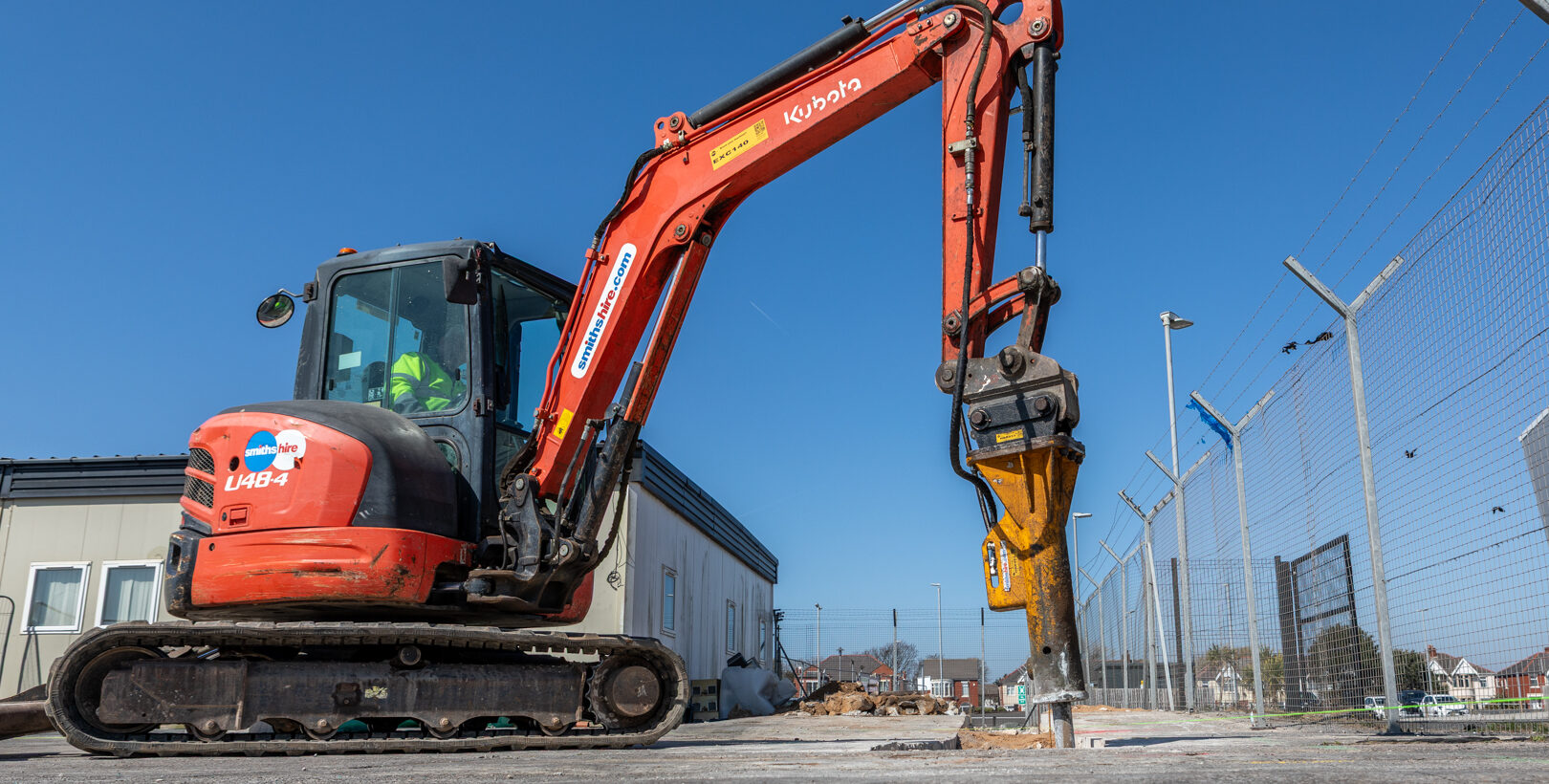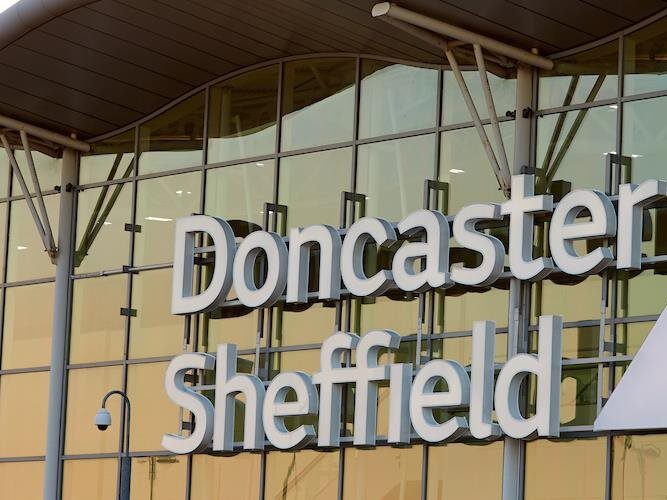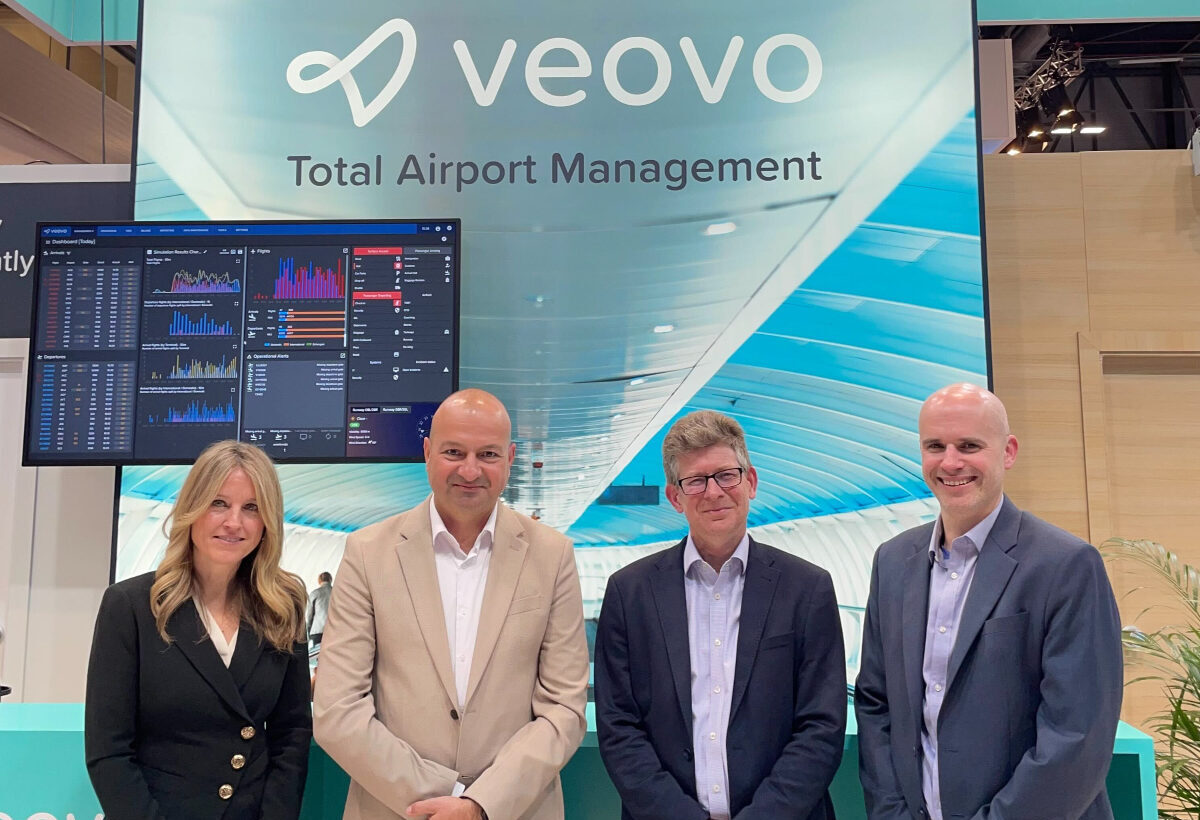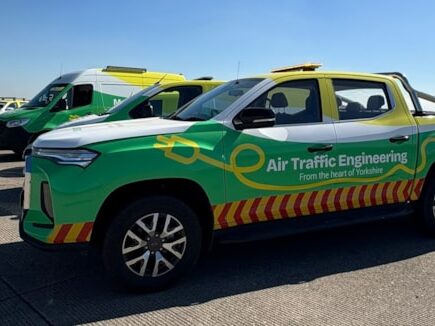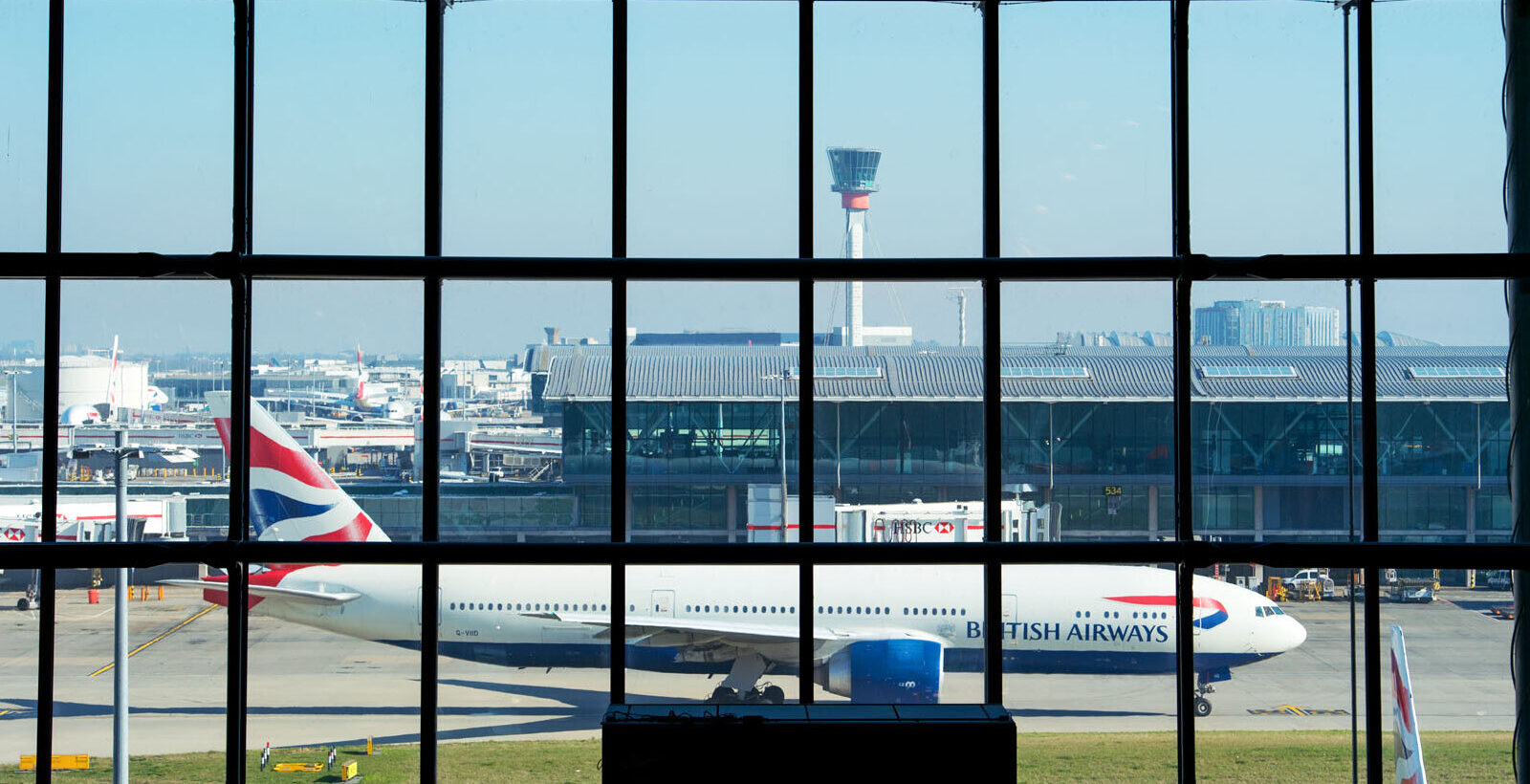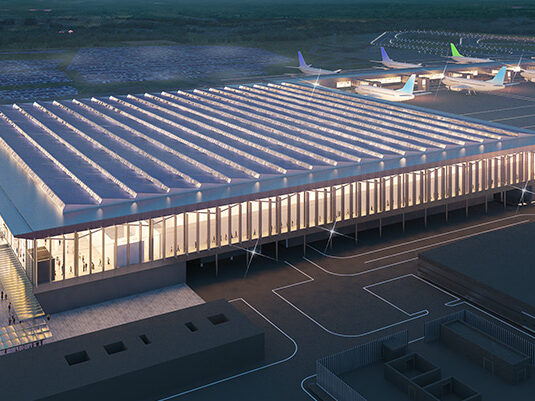On 23 April, the UK’s Transport Committee questioned Transport Secretary Heidi Alexander MP on issues including rail reform, decarbonisation and airport expansion, including its plans for Heathrow Airport.
The current government is supporting significant expansions at major UK airports. It recently approved expansion plans at London Luton Airport and has expressed a “minded to approve” decision for the expansion of London Gatwick, pending the provision of additional information. Significantly, the government has also invited proposals from Heathrow to construct a controversial third runway.
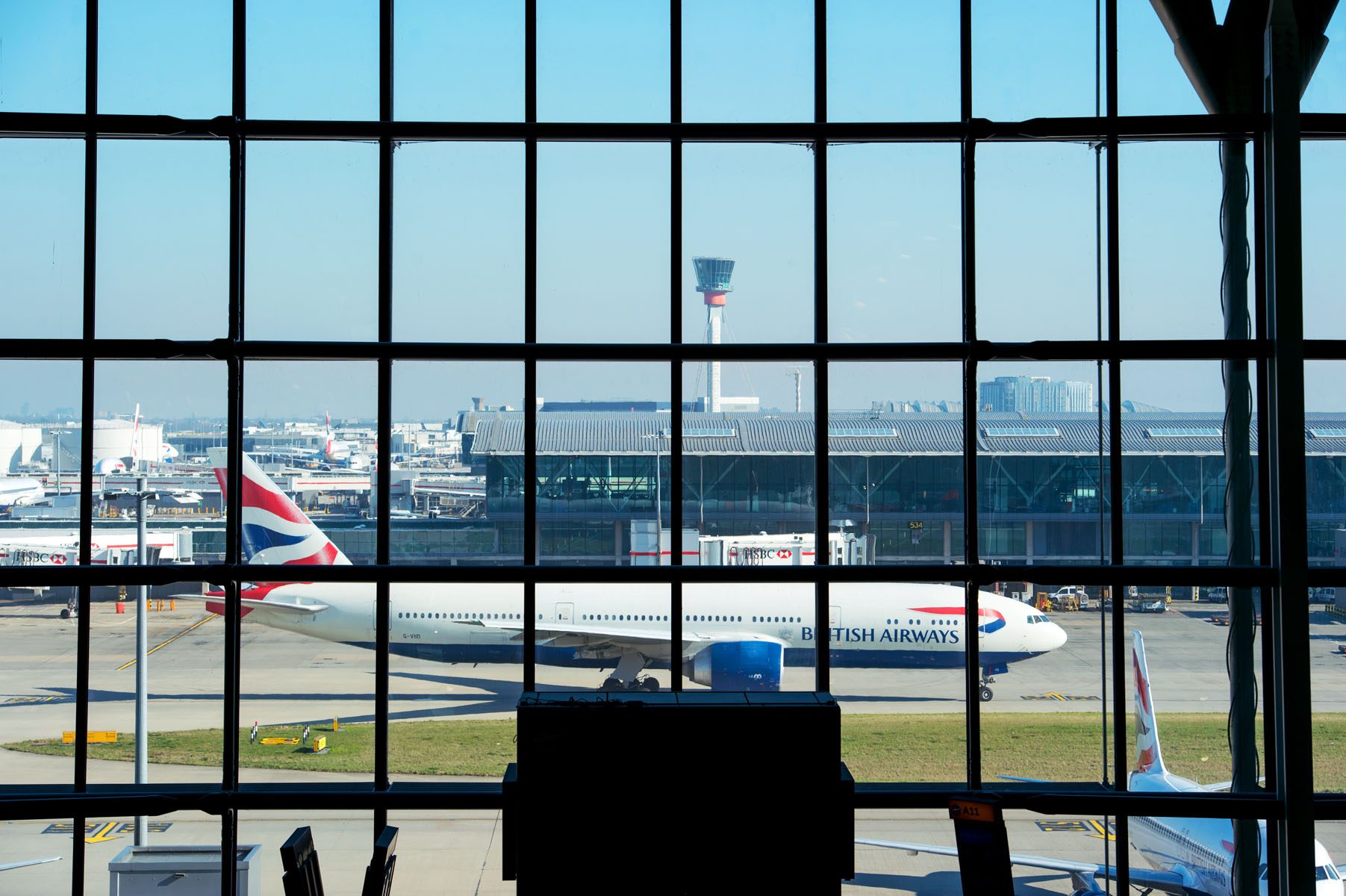
These developments are motivated by a desire for growth to deliver national economic benefits. The Transport Secretary thus outlined an ambitious path forward for the aviation sector, seeking to balance international connectivity with sustainability and regional development.
Transport Secretary Heidi Alexander MP said:We will support airport expansion where it delivers jobs, improves the passenger experience, and is in line with our legally binding environmental obligations.
Heathrow: A Global Hub Under Pressure
Heathrow is currently running close to full capacity, with demand forecasted to continue rising. Arguably, these capacity constraints need to be addressed to prevent Heathrow from missing out to other regional hubs such as Amsterdam Schiphol and Paris-Charles de Gaulle.
Indeed, Alexander noted that Schiphol currently offers regional connections from 17 UK airports, whereas just 9 UK airports fly to Heathrow. In a recent example, KLM has now launched a service from Exeter to Amsterdam, enabling passengers to fly to locations across Europe, North America, and Asia with a single connection. As no flights operate from Exeter to Heathrow, many international passengers from Exeter can thus connect via the Netherlands, but not the UK.
Heathrow’s status as a hub for connecting flights may therefore start to erode if it cannot expand. To bring such business to the UK, the proposed third runway could offer a solution to Heathrow’s near-capacity operation.
Impact on Regional Airports
One of the central tensions in the Heathrow debate is its possible knock-on effect on regional airports. Concerns have historically been raised that expanding Heathrow would draw passengers and investment away from airports in the Midlands, North, and other parts of the UK. Notably, Department for Transport (DfT) analysis has explicitly stated that Heathrow’s expansion could “disbenefit” some regional airports, potentially reducing their connectivity and undermining local economies.
However, Alexander argues that expanding Heathrow could strengthen regional connections, not weaken them. Airlines often use profitable long-haul routes to cross-subsidise domestic and regional flights. By increasing Heathrow’s capacity, airlines may be better positioned to maintain or grow less commercially viable routes to and from the regional hub.
Short-Haul vs. Long-Haul Flights
Despite the potential for airlines to expand their regional offerings, a sustainable transportation future should arguably minimise reliance on short-haul, domestic flights. Instead, travellers should be encouraged to use greener alternatives such as rail to access airports for onward international travel. Achieving this shift would require regional airports to instead strengthen their international connectivity, moving away from a model that prioritises short domestic flights.
Expanding Heathrow risks undermining this vision. By concentrating capacity and investment in a single hub, the opportunity for regional airports to develop into international gateways may be diminished. A more decentralised strategy in which regional airports are integrated into global networks could not only ease congestion at major hubs but also generate broader economic benefits across the UK.
Crucially, such a model would also support a more resilient aviation system, less vulnerable to disruption at any one site. This argument gained urgency after the recent power outage at Heathrow, which caused significant disruption and underscored the risks of over-reliance on a single airport.
Ground Transportation
The future viability of regional airports depends not only on increased international connectivity but also on improved ground transportation links—an area where many still fall short. The Transport Committee emphasised that without efficient and sustainable access, regional airports will struggle to compete with major hubs. Rebecca Smith, MP for South West Devon, highlighted Exeter Airport as a case in point: despite being the nearest airport to cities like Plymouth, it lacks a rail connection and has no direct bus service. In contrast, Heathrow is served by multiple transport options from Plymouth, reinforcing a centralised travel model that often results in longer, less convenient, and less sustainable journeys for passengers.
In response, Alexander acknowledged the pressing need for local authorities to invest in better ground connectivity and suggested that such improvements should be embedded in each airport’s sustainable transport and business strategies. To support this, the government is empowering local authorities with greater control through measures such as bus service franchising and enhanced partnerships.
Decarbonising Aviataion
If the aviation sector can be successfully decarbonised, the environmental arguments against short-haul flights may lessen, allowing regional airports to offer both sustainable and convenient connections to major hubs. In this context, regional airports could play a vital role in a greener, more balanced transport network.
To support this vision, the government is prioritising innovation in sustainable flight technologies, with a particular focus on accelerating the rollout of a Sustainable Aviation Fuel (SAF) mandate by January. Legislation is also being developed to provide revenue certainty for SAF producers.
This targeted push is currently taking precedence over publishing a comprehensive UK-wide aviation strategy that incorporates the nation’s airports. During the discussion, Alexander admitted that a unified aviation strategy does not currently exist.
Alexander stated:If I was persuaded that such a strategy would be useful to the sector, then I would consider publishing one.
While the government argues that it is prioritising action over producing further policy documents, critics caution that this approach risks creating a fragmented system. Without a coordinated national framework, airport expansions and sustainability initiatives may evolve in isolation, potentially exacerbating regional inequalities rather than addressing them.
Looking Ahead
The government’s current aviation strategy, centred on expanding major airports like Heathrow, reflects a broader ambition to enhance the UK’s global connectivity and economic competitiveness. Yet, this centralised approach risks overshadowing the critical role regional airports could play in delivering a more balanced, resilient, and sustainable national transport network.
Arguably, to truly future-proof the sector, expansion must be matched with investment in innovation, local infrastructure, and the strategic elevation of regional hubs—not merely as feeders to Heathrow, but as internationally connected assets in their own right.






